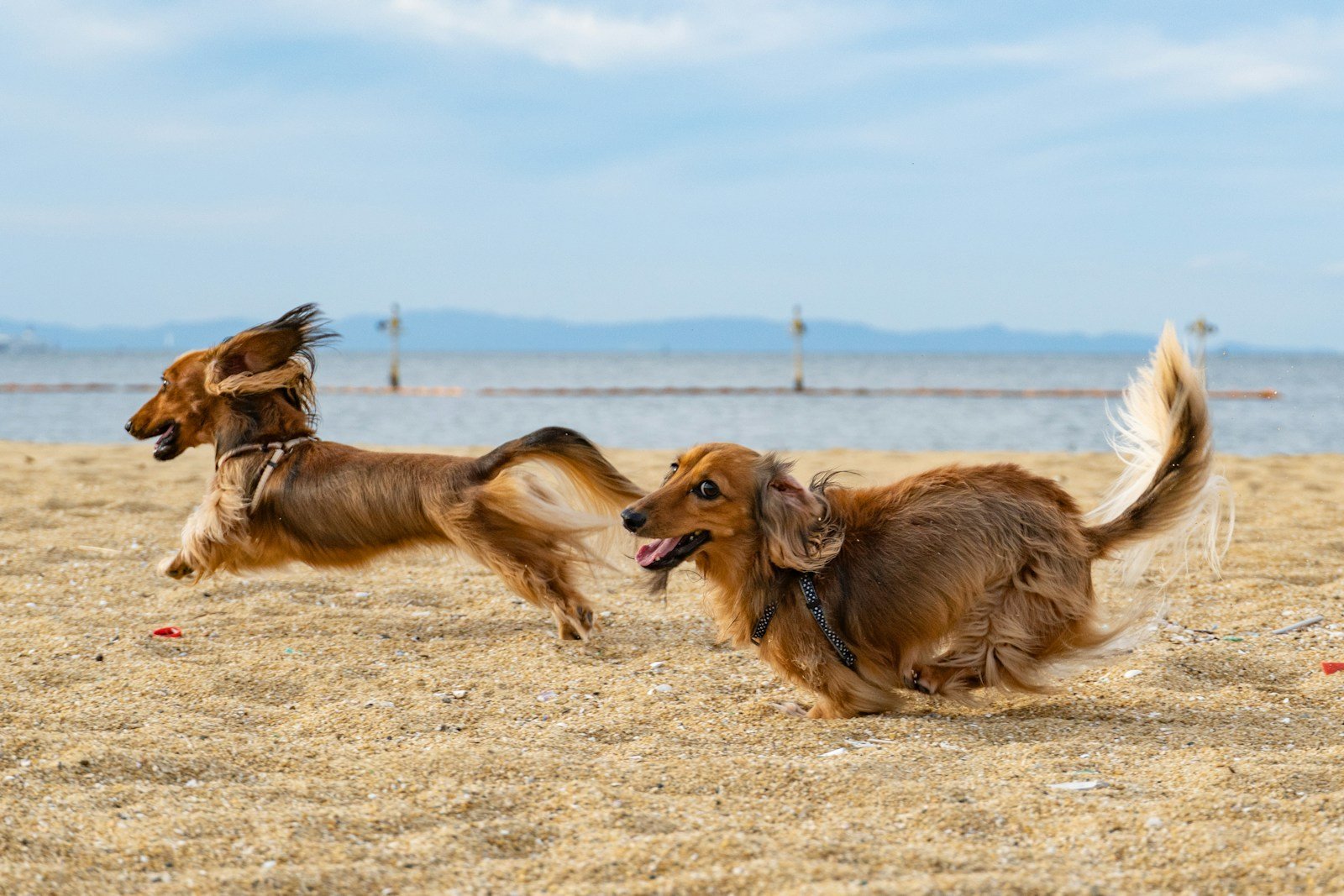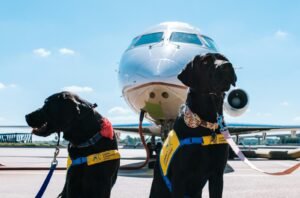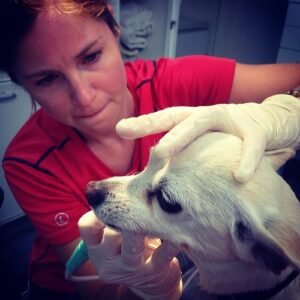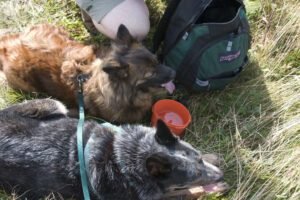I would be on drugs.
There would be no doubt about it. If I was in high school today some guidance counselor would have suggested and strongly recommended that I be put on some type of drug therapy to get through high school.
You see, I barely, and I mean barely, squeaked out with a diploma. I was really just pushed through my junior and senior year of high school. When I look back on my school days, it just seemed like a continual struggle to get through.
I was “diagnosed” as having a learning disability in the third grade. Today I would would be classified as ADHD or on the autistic spectrum somewhere.
Some of my teachers would literally fall out of their chairs if they knew that I had written a book called The Amazing Dog Training Man.

It’s not that I couldn’t learn, I just had a very active brain and I was BORED out of my mind. I could not concentrate on what was being taught but, when I had a subject and a teacher that was interesting, I was at the top of my class.

You see, I loved to learn, but for some weird reason it had to be on my terms. Back in those days, I traveled all over the U.S. and sat for days at a time trying to learn from some of the best dog trainers in the world.
So why do I share all of this with you?
Simple…
I am asked by a lot of people if it is possible for their dogs to have canine ADHD. My honest opinion is that I have NEVER come across a dog that I felt had any kind of learning disability.
What I have found is that the dog that is having a difficult time learning obedience is usually a dog that cannot pay attention. I worked with a dog, long ago, that had so much pent up energy that he truly could not focus. The dog was kept in a crate every day, sometimes up to ten hours.
I tried and tried to explain to the person that owned the dog that no amount of training can overcome an exercise problem. I won’t go into it today but the story had a very tragic ending.
One of the big influences on my training career was a British dog trainer, John Rogerson. I had the great opportunity to attend his seminars in New Hampshire and Memphis, TN.
Mr. Rogerson made a very simple but profound statement that I have never forgotten. He stated:
“In order to have a good dog, you have to be a good dog owner”
John Rogerson
Brilliant!
It changed the way I helped people train their dogs. I boiled down what I felt were the four important steps to becoming a good dog owner. Here they are:
Step #1
Effectively control and manage your dog’s behavior. Or, as I wrote many years ago in my book, The Amazing Dog Training Man: Management of Behavior (M.O.B.) rules are what’s needed.
Step #2
Give your dog enough exercise. There are two forms of exercise that every dog needs: Physical and Mental. Your dog needs to exercise his body and his brain.
Step #3
Become the leader. Dogs do respond to structure. Structure your relationship so your dog understands that you are in charge.
Step #4
Learn about behavior. Learn when to reinforce behavior and how to stop behaviors.
By following those four steps you’ll develop a great relationship with your dog and your dog will become much more responsive to your training.
And remember that all training starts with attention. Your dog has to be paying attention to you before they will respond to any of your commands. It’s your job to get and keep your dog’s interest when you are training.






